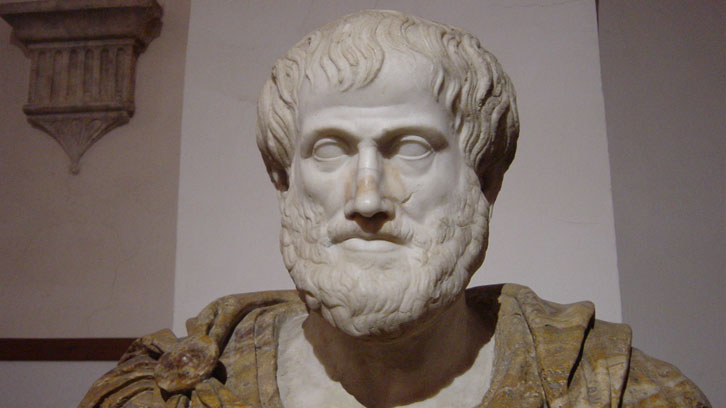Civic Friendship in Aristotle: Concord and Fraternity

Author: Giovanni Dall'Orto.
What is the role of friendship in political philosophy? From a contemporary perspective, friendship remains secluded in the private and personal sphere, and thus has no proper public or political sense. Moreover, when friendship appears as a political criterion, it always raises legitimate suspicion of malpractice and corruption (such as cronyism). In normative terms, therefore, political philosophy has tended to deal with justice rather than friendship. And yet, in the origins of practical philosophy Aristotle says that lawmakers are more interested in friendship than justice (because if citizens are friends, they don’t need justice; but if they are just, they also want friendship). So friendship has a political potential that doesn’t escape Aristotle’s gaze. This article examines the value of friendship in the roots of political thought so as to motivate its reconsideration in contemporary political philosophy.
In the first place, Aristotle discusses the ethical virtue of friendship and its role in the formation of pre-political communities. Then, he considers the usefulness of civic friendship for achieving greater stability and cooperation among members of the political community. Aristotle is thus anticipating the modern ideal of civic fraternity understood as a political form of friendship that fosters greater solidarity and better coexistence among citizens.
One of the most philosophically interesting Aristotelian arguments in this context is that friendship not only emerges as a normative ideal, but also has a very clear strategic role in the political thought of this author. Civic friendship makes concord (homonoia) possible. It also avoids discord and class struggle in the polis. Furthermore, we find different ways of using the term "civic friendship" in Aristotle; on the one hand, it refers to social peace and, on the other, it refers to a radically egalitarian and democratic political movement. These two meanings of civic friendship surprisingly fit with the dual concept of the modern ideal of civic fraternity since the French Revolution: social cohesion and revolutionary impulse.
Aristotle’s ethical and political works are a privileged place to examine political concepts and ideas. In fact, Aristotle’s reflections provide many of the categories that make up the basic theoretical and conceptual tools of political thought. Civic friendship, concord and fraternity -almost forgotten terms today- resurface when confronted with the foundations of political philosophy, which are the crystalline sources of our tradition.
Research Project: FFI2012-33370 Fraternidad, Justicia y Democracia, Ministerio de Economía y Competitividad (Spain).
References
Farrés Juste, Oriol. La amistad cívica en Aristóteles: concòrdia y fraternidad. Anales del Seminario de Historia de la Filosofía. 2015, vol. 32, num. 1, p. 41-67. doi: 10.5209/rev_ASHF.2015.v32.n1.48679.


